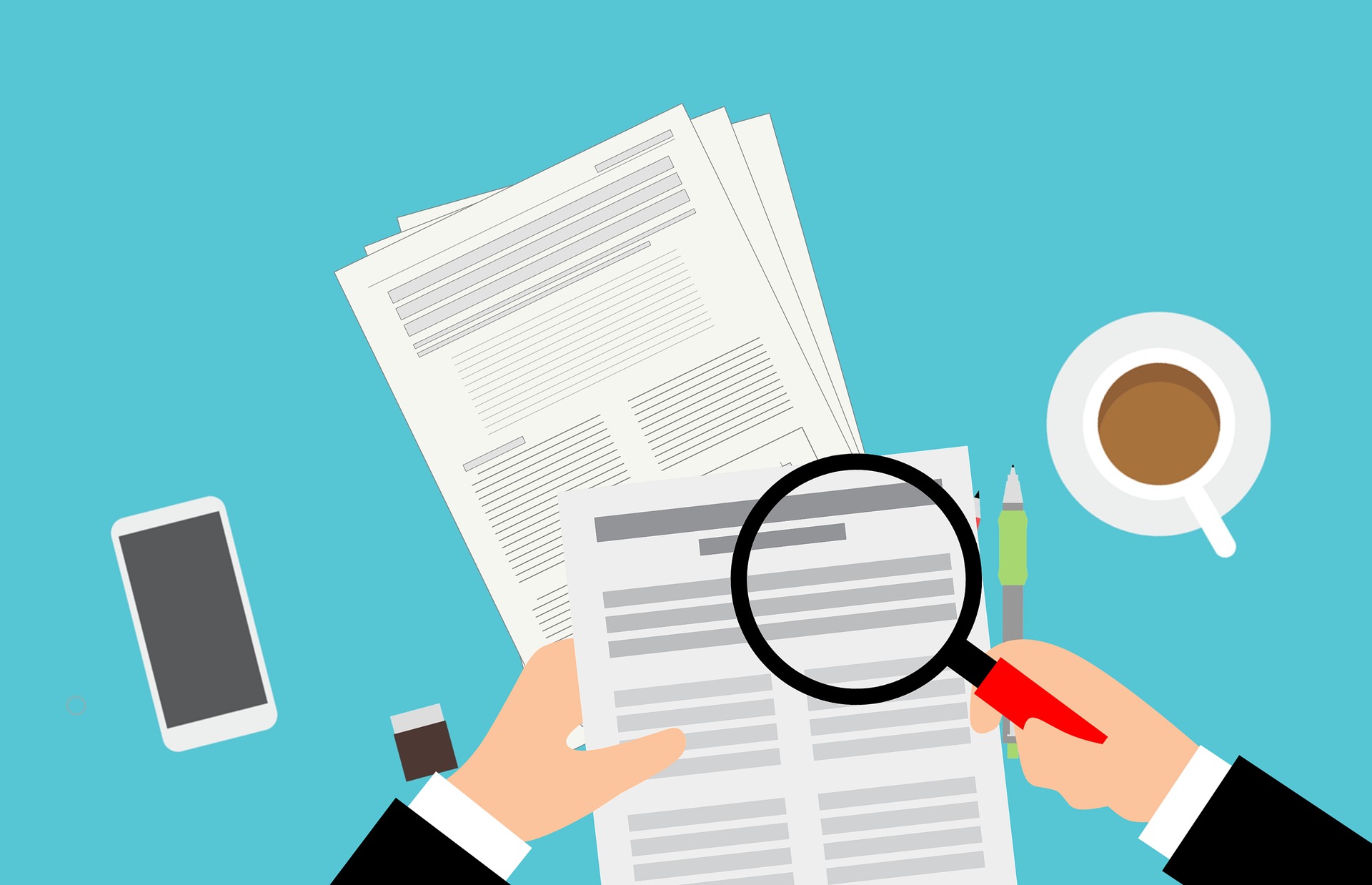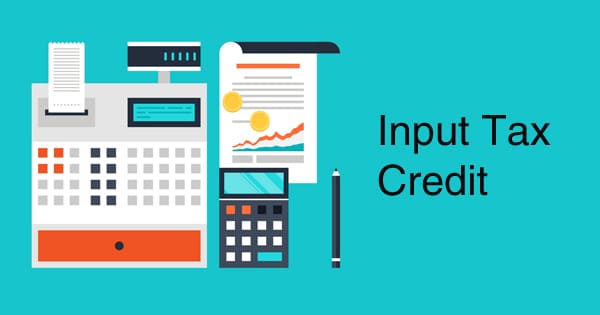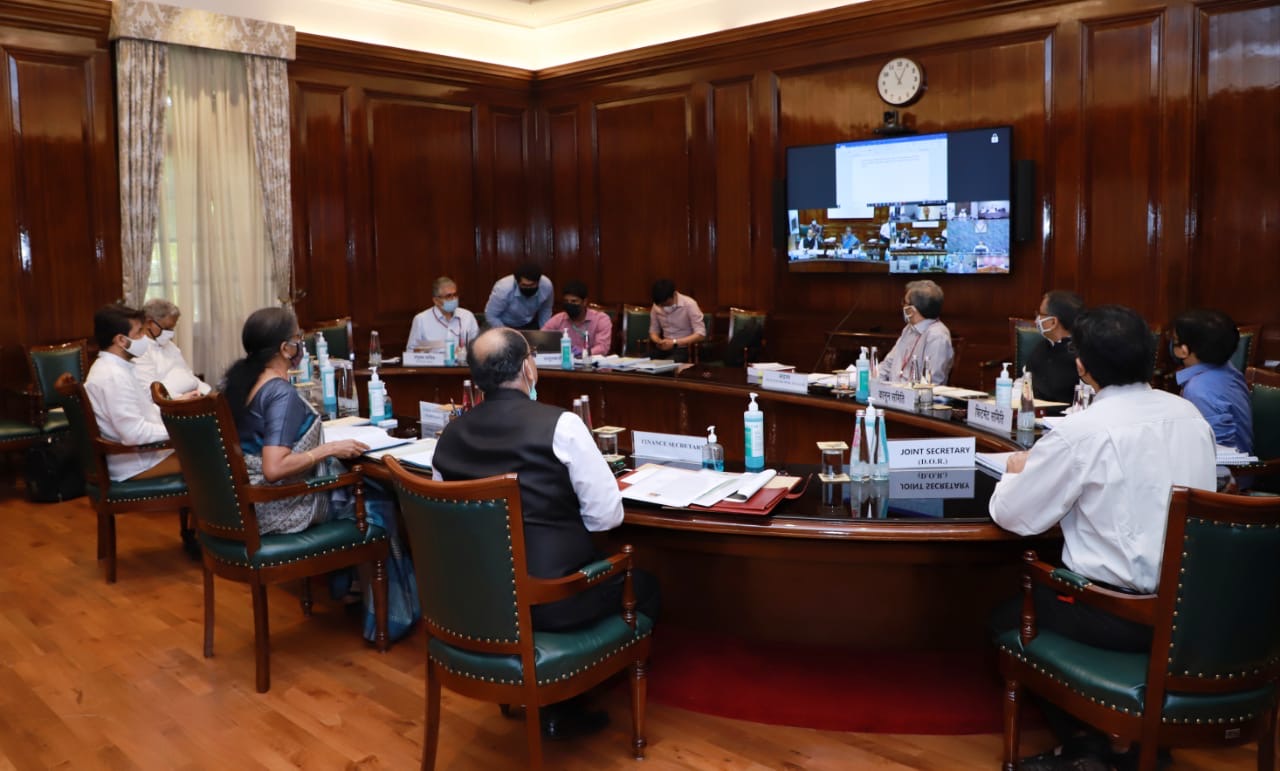1.Introduction
As per Section 17(2) of the CGST Act, 2017 where the goods or services or both are used by the registered person partly for effecting taxable supplies including zero rated supplies and partly for effecting exempt supplies, the amount of credit shall be restricted to so much amount of the Input tax as is attributable to the said taxable supplies including zero rated supplies.
In other words the registered person is required to reverse the pro rata input tax credit which is related to exempt supplies. The manner of determination of quantum and reversal of input tax credit is laid down in Rule 42 (for input and input services) and Rule 43 (for capital goods), of the CGST Rules, 2017.
The expression exempt supply has been defined under Section 2(47) of the CGST Act, 2017. As per this definition the exempt supply includes NIL rated supply, supplies exempted under Section 11 of CGST Act / Section 6 of IGST Act and non-taxable supplies. Readers for learning the definition of exempt supply can refer to our article titled “Understanding exempt supply under GST law” published yesterday.
It is important to note here that the exempt supplies which are used for determining of quantum of reversal of input tax credit related to such supplies is not purely the exempt supply as per Section 2(47), rather it is subject to certain adjustments. In this article we shall be discussing such adjustments.
2. Adjustments required in value of exempt supply for the purpose of computing credit reversal
The value of exempt supplies will first be determined as per definition of Section 2(47) which will include NIL rated supply, supplies exempted under Section 11 of CGST Act / Section 6 of IGST Act and non-taxable supplies. After this, following adjustments will be made in same:
a) Outward supplies subject to reverse charge to be included
The Government has notified certain goods / services / situations, using its powers conferred under Section 9(3) and 9(4) of the CGST Act, 2017 / Section 5(3) and 5(4) of the IGST Act, 2017, wherein the tax thereon is required to be paid by the recipient of supply.
Thus, in such cases the supplies is absolved from payment of tax and such liability is shifted onto recipient. It is important to note here that tax under reverse charge is to be paid only in respect of taxable supplies. Thus it can be said that outward supplies subject to reverse charge will not form part of exempt supply and rather would be taxable supplies.
However, the legislature considering that tax on such outward supplies is not being paid by supplier and thus input tax credit attributable to such supplies should not be given. Accordingly vide Section 17(3) of the CGST Act, 2017, they have mandated that the value of exempt supply under Section 17(2) shall include supplies on which recipient is liable to pay tax on reverse charge basis.
b) 1% of sale value of securities to be included
Securities have been kept out of the definition of goods and well as services. Thus any sale of securities made will not be regarded as supply under GST Law and consequentially cannot also be treated as exempt supply.
However as per Section 17(3) of the CGST Act, 2017, it has been mandated that the value of exempt supply under Section 17(2) shall include transactions in securities. Now the question arises whether entire value of sale would be included.
In this regard it has been provided under Explanation (2)(b) after Rule 45 of the CGST Rules, 2017 that for determining the value of an exempt supply as referred to in Section 17(3) the value of security shall be taken as 1% of the sale value of such security.
c) Sale of land and completed building to be included
Sale of land and completed building is not treated as supply as per Section 7(2)(a) of the CGST Act, 2017 read with para 5 of Schedule III of the CGST Act,2017. As these are not treated as supply, they will also not form part of exempt supply as per Sec 2(47) of the CGST Act, 2017.
However as per Section 17(3) of the CGST Act, 2017, it has been mandated that the value of exempt supply under Section 17(2) shall include sale of land and completed building. The reason for such inclusion may be that legislature wanted to curb availing of input tax credit attributable to such supplies.
It has been provided under Explanation (2)(a) after Rule 45 of the CGST Rules, 2017 that for determining the value of an exempt supply as referred to in Section 17(3) the value of land and building shall be taken as the same as adopted for the purpose of paying stamp duty.
It is important to note here that as per Explanation to Section 17(3) the value of exempt supply shall not include value of activities / transactions specified in Schedule III, except para 5 viz sale of land and completed building.Thus value of other activities covered under Schedule III like employee services, actionable claims(other than lottery, betting and gambling), high seas sale etc will not be included in value of exempt supplies to be used for computing reversal of input tax credit.
d) Interest or discount on loans / Advances / deposits to be excluded
As per Explanation 1(b) after Rule 43, the value of services by way of accepting deposits, extending loans or advances in so far as the consideration is represented by way of interest or discount is to be excluded from the aggregate value of exempt supplies.
However such exclusion will not be made in case the supplier is a banking company, FI, NBFC engaged in supplying services by way of accepting deposits, extending loans or advances. These entities have been kept out of as income from interest or discount is their main business income.
Illustration:
X Ltd is engaged exclusively is supply of taxable supplies. However it has parked some surplus funds in FDR with Banks, on which it has received interest. Now such interest is an exempt supply and thus X Ltd would have to reverse pro rata credit attributable to such exempt supply. However in view of specific exclusion stated above, such interest income will not form part of exempt supply. This will mean that no credit reversal will be required to be made by X Ltd.
e) Transportation of goods by vessel to place outside India to be excluded
As per Explanation 1(c) after Rule 43, the value of supply of services by way of transportation of goods by a vessel from the custom station of clearance in India to a place outside India is to be excluded from the aggregate value of exempt supplies.
It may be noted here that as per Sl. No 19B of the Notification No. 12/2017- Central Tax (Rate) dated 28.06.2017 (as amended), the services by way of transportation of goods by a vessel from customs station of clearance in India to a place outside India are exempted till 30.09.2020. Thus the value of such supplies will be included in exempt supplies as per Section 2(47) of the CGST Act,2017.
However benefit has been granted vide Explanation 1(c) after Rule 43, according to which value of above supply will be excluded from the aggregate value of exempt supplies and thus no reversal of credit will have to be made in this regard.
f) Tax on non-taxable supplies to be excluded
The non taxable supplies / non GST Supplies would include alcoholic liquor and the five petroleum products as they are not leviable to GST and rather subject to other Central / State taxes. As per Sec 2(47) exempt supplies include non taxable supplies and thus such supplies would form part of exempt supplies.
Further as per Section 15(2)(a) of the CGST Act, 2017, the value of supply will include taxes other than GST. Accordingly the taxes on above non taxable supplies would also be included in value of such supplies.
However in order to provide relaxation in this regard, it has been provided in Explanation to Rule 43(1)(g) that the aggregate value of exempt supplies and total turnover shall exclude the amount of duty or tax paid under entry 84 (Excise duty on petroleum products) and entry 92A ( Tax on inter-State sale or purchase of goods) or List I of Seventh Schedule to the Constitution and entries 51 (State Excise duty on alcoholic liquor) and 54 ( taxes on petroleum products) of List II of the said Schedule.
We hope that the computation of exempt supply for purpose of reversal of credit would be clear to our readers. We would, for further strengthening of understanding of our readers, be coming up with some practical case studies, shortly.
***
A BIG THANKS to you for visiting our site and reading this article. Kindly provide your feedback on the above article in comment section below. Also please intimate about other GST issues on which you would require our team to pen down articles.
Doubts on GST may be lodged on ‘Ask GST query tab‘ under ‘Your GST queries’ tab on home page. National level GST experts will provide their reply on the matter raised at the earliest and same can be seen under ‘GST query resolved’ tab under ‘Your GST queries’ tab.
You can also subscribe to our free newsletter to always be updated on GST Law by filling the subscription form at home page.
Frah Saeed is a law graduate specializing in the core field of indirect taxes and is the Co-founder of taxwallah.com. She has authored many publications on GST and is into full-time consultancy on GST to big corporates. She as a part of taxwallah.com heads a team comprising of Chartered Accountants and Advocates and plays a key role in our mission to disseminate GST knowledge to all.





Sir your article, “Understanding exempt supply for purpose of reversal of input tax credit” is very useful and informative. Regarding one of the paras of the article I had the following dought:
As mentioned in the para, “the legislature considering that tax on such outward supplies is not being paid by supplier and thus input tax credit attributable to such supplies should not be given. Accordingly vide Section 17(3) of the CGST Act, 2017, they have mandated that the value of exempt supply under Section 17(2) shall include supplies on which recipient is liable to pay tax on reverse charge basis.”
Does it mean that, If a person is supplying both taxable and exempted goods / services and he is also paying GST under reverse charge on services received such as GTA, Legal Services etc., while considering the figure of exempted supply, he need to consider both i.e. the exempted supply of goods / services made by him + services received by him on which he is liable to pay GST under reverse charge?
Thanks for the appreciation..
Only the outward supplies with are subject to reverse charge need to be included in exempt supply computed in hands of supplier. The inward supplies subject to reverse charge in hands of recipient is not be included for a recipient.
To conclude, exempt supply computation will not include any inward supplies / supplies received on which tax under reverse charge is being paid…
Team Clearmytax.in
Thanks sir for your prompt and valuable reply.